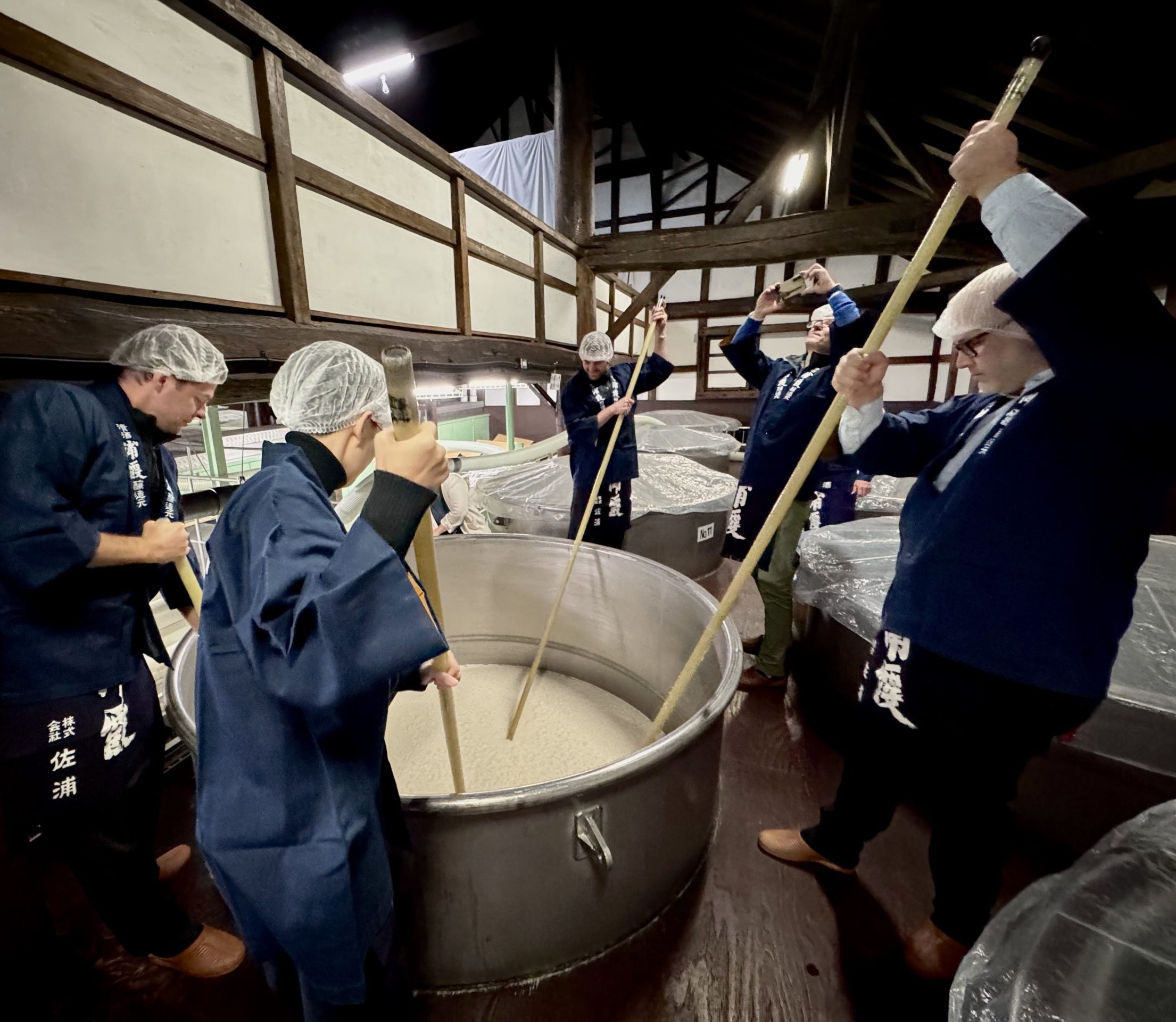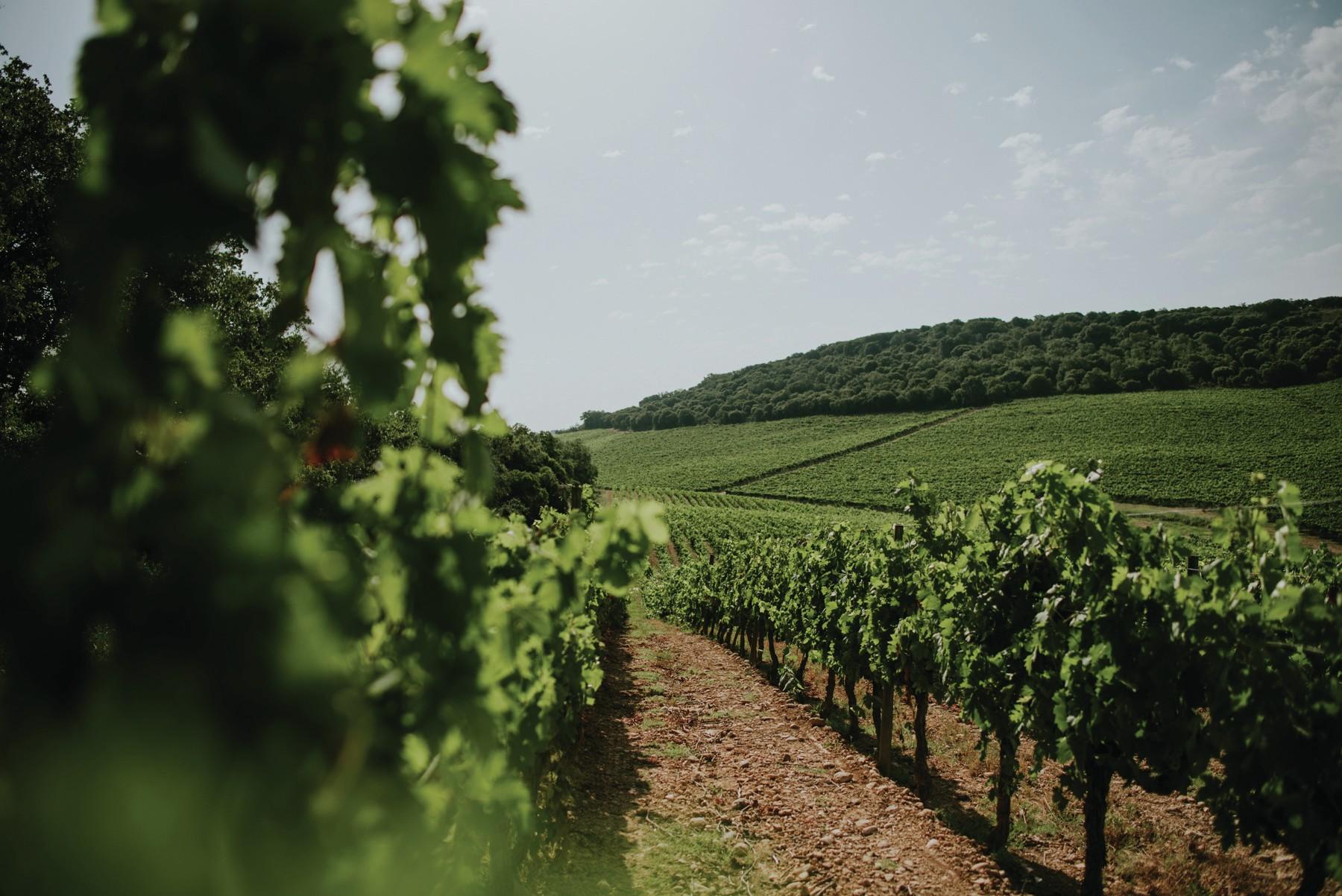Carlsberg delivers on emissions cut
Carlsberg has reduced the carbon emissions across its full value chain by 16% from 2015 levels, as it continues to deliver on sustainability targets.

The news follows the latest assessment by the Carlsberg Group of its entire carbon emissions, from growing barley to recycling bottles and chains. It discovered through the Carbon Trust’s analysis that it has exceeded 2022 targets by 1% of relative value chain emissions per hectolitre of beer produced – having originally aimed for a 15% reduction.
Solutions which have impacted its emissions footprint include lower-carbon solutions in its malting processes, the elimination of coal power at its breweries, lower carbon packaging and reduced energy consumption by fridges at bars and restaurants.
In relative terms, Carlsberg has reduced emissions from 60 kg CO2e/hl in 2015 to 50 kg CO2e/hl in 2022, emitting roughly 5.5 million tonnes of carbon through its entire value chain.
Within specific areas, it reduced 17% in agriculture and processing with a 41% reduction in its breweries. Packaging, distribution and cooling emissions reduced by 8%, 4%, and 19% respectively.
Partner Content
Last year, the company trialled its new fibre bottle, made using wood fibre and a plant-based lining. The containers are partially made up of a plant-based PEF polymer lining, which has been developed by Carlsberg’s partner Avantium. PEF is made entirely from natural raw materials and is compatible with plastic recycling systems.
The bottle forms part of Carlsberg’s Together Towards Zero initiative, which includes a commitment to reach zero carbon emissions and a 30% reduction in its “full-value-chain carbon footprint” by 2030.
Jacob Aarup-Andersen, CEO of Carlsberg Group, said: “As the incoming CEO my ambition is to drive progress and with these solid results at the 2022 milestone, we are starting with a strong foot forward as we continue the decarbonisation journey towards 2030 and 2040.
“We still have a long way to go, especially in areas such as agriculture and packaging – within which we have committed to specific targets more recently. Delivering on these new targets is not going to be easy, but our success thus far gives me great confidence in our ability to follow through with concrete actions and results.”
Victor Shevtsov, EVP Integrated Supply Chain, says: “When we launched our Together Towards ZERO programme in 2017, we were among the first to introduce science-based climate targets aligned with the Paris Agreement on Climate Change. Fast forward to just a few years later, and we are now part of a greater movement of companies that have set ambitious targets to decarbonise their operations and their value chains.”
Related news
Sunrise Beverages appoints new sales director




